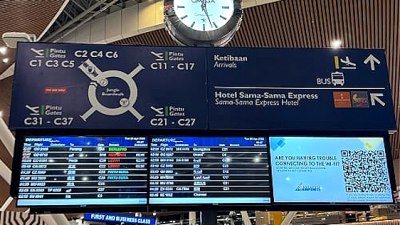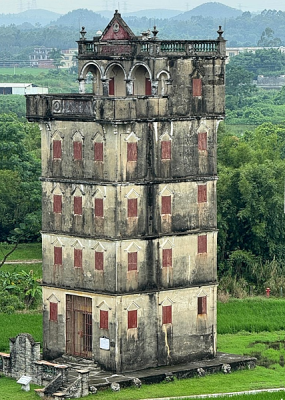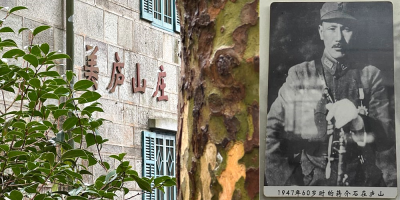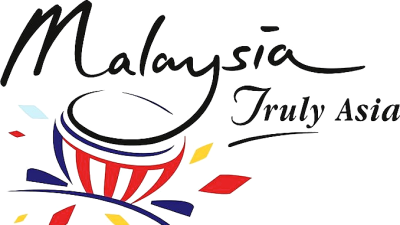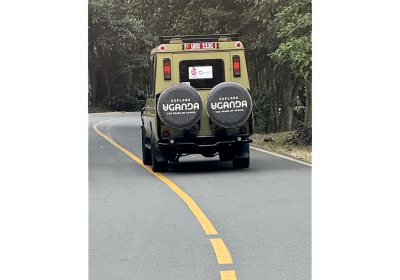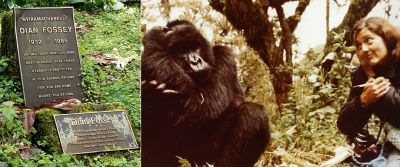Since I first came to know about it in 2005, a bond has since been established between me and Taiwan Leisure Farming Development Association (TLFDA), and before I realise it, 16 years have lapsed! I have also been appointed the association’s “overseas adviser” for eight years running, of which I really feel very much grateful.
Actually, Shinny Chiu was the first professional leisure farm international salesperson cum the association’s secretary I knew in Taiwan. She started giving me an in-depth account of Taiwan’s leisure farming industry even during our first meeting, mentioning to me several names including the association’s chief secretary Yu Wen-horng (Shinny’s direct supervisor) and co-founding president Zhang Qing-lai (owner of Shangri-La Leisure Farm) as well as several other big names in the industry who co-founded the association. I later realised that these people were all veritable farming tycoons who had helped leisure Taiwan’s farms.
Due to the National Day long weekend, the highway traffic was extremely heavy on that day, and it took us a whole lot of time to travel to Tong Xiao township in Miaoli county for our destination Flying Cow Ranch, the first Taiwanese leisure farm I visited. My first impression of the farm was that of a pleasant shock!
Lying before my eyes at the entrance of the 120-hectare property was a Class A cow shed on the slope, a herd of dairy cows quietly munching in the undulating grassland as if we were in a New Zealand cow farm. Many Taiwanese TV series and variety shows have been filmed there, making “Flying Cow” a highly popular destination among the tourists.
Flying Cow’s co-owners Wu Dun-yao and Shi Shang-bin, two young gentlemen who used to be from Central Youth Dairy Farm, built on their initial success to create Wild West farm accommodation while improving further the farm’s healthy F&B offerings, making it a destination not to be missed by day-trippers or weekend short stayers.
The transformed Flying Cow Ranch not only showcased its brand new look to the visitors, but also became a model for Taiwan’s farm leisurisation process.
While the owners continue to run their farm and day-to-day operation remains very much unchanged, the visitors have found an unusual spirit-lifting experience which they can enjoy with all their families. A win-win situation indeed.
In the beginning, I have to admit I knew very little about Taiwan’s leisure farming.
Fortunately Shi Shang-bin explained to me the key points of this industry, and coupled with my own researches thereafter, I have since gained a better insight into this emerging industry, and learned how the farm owners had banked on the unique farm vistas and agricultural production conditions to develop a new value added farm service model that combines the elements of tourism, recreation and farm visit.

In addition to the above, an important factor is that the Taiwanese farmers really love their farmlands, the original rustic look of their farm villages as well as the traditional farm lifestyles. That said, they are well aware that they need to transform their operations in view of the fact rural farming production will never be able to compete head-on with modern extensive agriculture, as a consequence of rapid technological innovation and explosive population increase. A prerequisite, nevertheless, is that the original look of the farm must be kept intact, allowing only adjustments made to existing agricultural structure, enhancement of the farm environment and exploitation of agricultural resources.
However, traditional farms in Taiwan generally lack the motivation and know-how for innovative transformation. Other than growing crops, fishing and cattle farming, few know what “innovative re engineering” is about. Moreover, the complicated local land laws, labor shortage and other factors have made many give up the idea of farm reformation.
Even then people like Wu Dun-yao and other farm owners still believed they could make it, as they echoed the call of Shangri-La Leisure Farm’s Chang. Together, they laid out the vision for Taiwan’s leisure farm transformation while seeking solutions to address the farmers’ problems, culminating in the establishment of TLFDA in 1998.
Thanks to the unrelenting efforts of the association’s professional team, the modus operandi of Taiwan’s farming industry has experienced a complete overhaul. In the meantime, the farms’ second and third generation successors have become more willing to return to their rural villages to help optimise the operations of their fathers’ farms.
The transformation of Taiwan’s farms has indeed inspired me!
More in the Isshōkenmei series
(Lee San is Founder and Group Executive Chairman of Apple Vacations. He has travelled to 132 countries, six continents, and enjoys sharing his travel stories and insights. He has also authored five books.)
ADVERTISEMENT
ADVERTISEMENT






